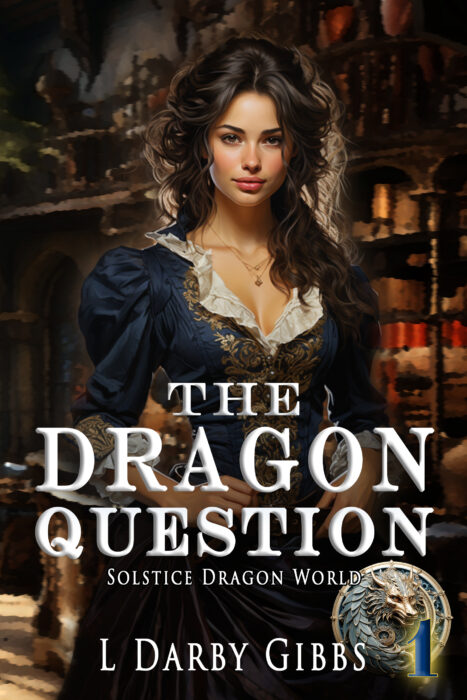The Coming of Age format is often used for YA novels because the main character is often a young character, usually on the verge of coming to terms with the difficult realities of life. It is also not unusual for the main character to be an adult, one with a rather innocent view of life. …
